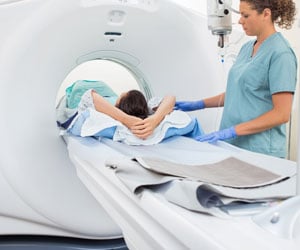In the brain, chronic immune response increases the levels of IL-17A in the hippocampus. This increase in the levels of IL-17A is involved in various neurological diseases.

TOP INSIGHT
In the brain, chronic immune response increases the levels of IL-17A in the hippocampus. This increase in the levels of IL-17A is involved in various neurological diseases like multiple sclerosis, Alzheimer's disease, schizophrenia, and autism spectrum disorder.
Read More..
The researchers studied an important cytokine called interleukin (IL)-17A and found that chronic increase in the levels of IL-17A circulating in mouse blood can reduce the microglia activity in one part of the brain's hippocampus.
Microglia cells regulate brain development, maintenance of neuronal networks, and injury repair and are related to several neurological diseases.
The researchers mainly focused on IL-17A as it is known to be involved in neurological autoimmune disorders as well as disorders of the mind. Sasaki explains that it is multiple sclerosis, Alzheimer's disease, schizophrenia, and autism spectrum disorder.
In order to understand how chronically high levels of IL-17A can affect the brain, the team used their knowledge of how IL-17A is made naturally in the body and focused on immune cells called helper T-cells. It was found that with increase in the number of these helper T-cells, called Th17, the mutant mice produced more IL-17A in the gut, which spread throughout the body in the blood.
This led to believe that chronic IL-17A inflammation would affect cognition, specifically memory but had no effect on spatial memory.
Source-Medindia
 MEDINDIA
MEDINDIA




 Email
Email









